THE Environment Agency has objected to plans for a huge cemetery on land near Callington.
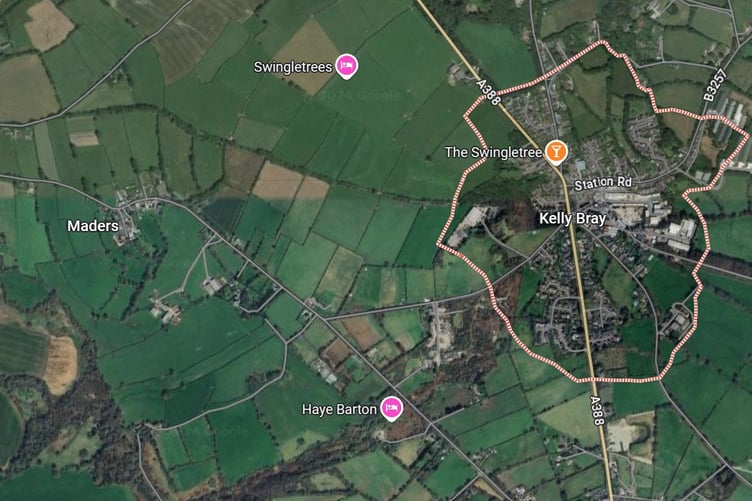
The proposal to create a Muslim burial ground with space for almost 9,000 graves has been put forward by the Gardens of Mercy charity, which owns the fields near Maders on the South Hill Road.
The Environment Agency (EA) says that up until now, insufficient information has been provided to allow it to judge whether the natural burial of human remains would pose the risk of groundwater pollution.
Until the results of further assessment are provided, the EA says it will maintain its objection.
South Hill Parish Council has lodged objection to the planning application on behalf of its residents. As well as the potential risk to groundwater supplies, the council also cites an increase in traffic along a narrow, unlit road, with access to the nearest public transport more than a kilometre away. The council names the loss of farmland, the size of the site, and the lack of demonstrated need for the cemetery locally as further reasons to turn the project down.
The proposal has attracted much media and public attention: at the time of writing there were almost 300 comments on Cornwall’s planning portal, with members of the public leaving 125 comments in objection and 155 in support.
Chairman of South Hill Parish Council Andrew Budd said that almost 90 people had attended a recent public meeting. The aim had been to allow people to be free to express their views, and in the event “there was nobody supporting the project”.
Dr Salim Mahadik is the chairman of the Gardens of Mercy charity.
He says that the cemetery plans would be guided by respect for neighbouring communities and environmental sensitivity, and that the development would include features to mitigate climate change as required by planning policy.
The charity explains how the Islamic burial rite is central to the Muslim faith, and that the absence of a Muslim cemetery in the South West, with the nearest being in South Gloucestershire, adds to the distress faced by families at an already stressful time.
The charity says that part of the cemetery will be given over to natural burials for people of all faiths.
“Rather than creating division, we view this project as an opportunity for fostering understanding and cohesion.”
Dr Mahadik has stated that there would be no plans to establish a mosque at the South Hill site and that the level of traffic would not be adversely impacted as there would be a “low number of burials each year” with few people attending the ceremonies themselves.
“We envisage about ten burials annually,” he said.
“As Muslims living in Devon and Cornwall don't have a Muslim cemetery in the region, our charity’s sole objective is to fulfil this need.”
Supporters of the project describe the distress and financial burden of travelling hundreds of miles for a loved one’s funeral, and the need to provide a final resting place closer to families.
Addressing the visual impact of the development, Dr Mahadik says: “Our proposal states that the one acre field adjacent to South Hill Road will not be used for burials. Our plans also include leasing out a large part of the unused land for grazing or other agricultural use.”
According to the most recent census in 2021, there were some 8,500 people living in Devon and Cornwall who identify as Muslim, and the community is growing in the South West region.
Callington Rotary Club invited the Gardens of Mercy charity to give a presentation to members.
Incoming president Keith Harris said: “Our interest was in dispelling myths and unfounded rumours. Not being familiar with what is involved when saying farewell to the departed of Muslim faith, we invited Dr Mahadik to come along to the club.
“We learned that the memorial service takes place not at the graveside but at a suitable place of worship. Only a few actually attend the internment.
“But if this change of use brings the increase in numbers that some are predicting then perhaps an improved public transport service could be justified. Would this not bring a net benefit to the local community?
He added: “There are no plans to build a mosque on site either now or in the future, and this would seem logical since the number of Muslims needed to support a mosque are not to be found locally. The traffic chaos scenario therefore seems unlikely.
“The risk of contamination to the local water supply is a justifiable concern. We assume that if there is scientific evidence of risk then the application will be rejected.”
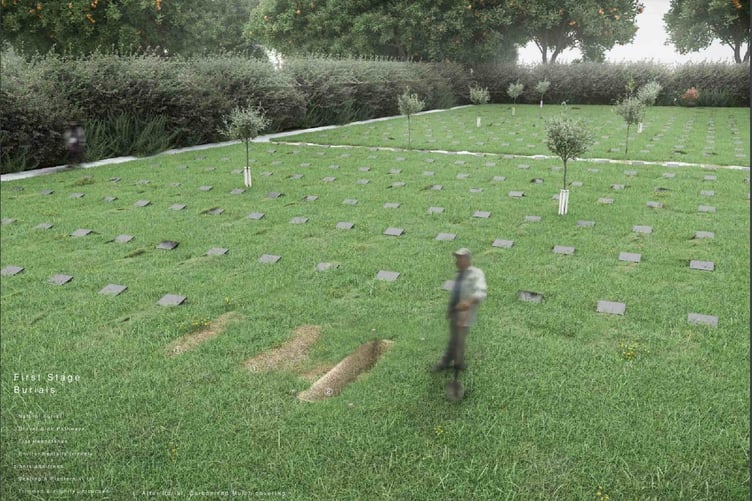
Mr Harris added that the proposed size of the development “was perhaps a little excessive and could perhaps be restricted initially to 100 plots”.
To see the plans visit Cornwall’s online planning portal and use reference PA24/06942.
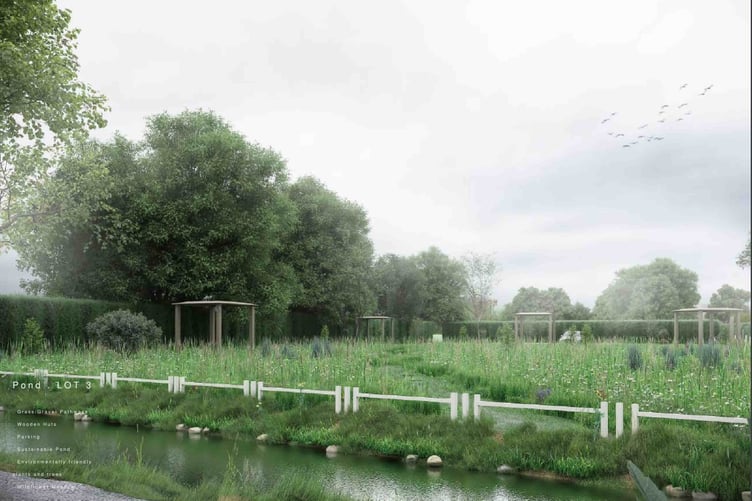

.png?width=209&height=140&crop=209:145,smart&quality=75)
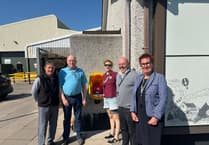
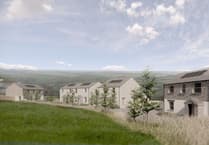
Comments
This article has no comments yet. Be the first to leave a comment.